Consequences of water scarcity globally
Consequences of lack of clean water world wide – Made Blue
The existence of water is so obvious to us that we can’t even imagine that we would ever run out. Yet a global water crisis looms in the future. The World Health Organization (WHO) even states that by 2025 half (!) of the world’s population will live in areas with permanent water scarcity. What are the cause and effect of this water scarcity? And can we still turn the tide?
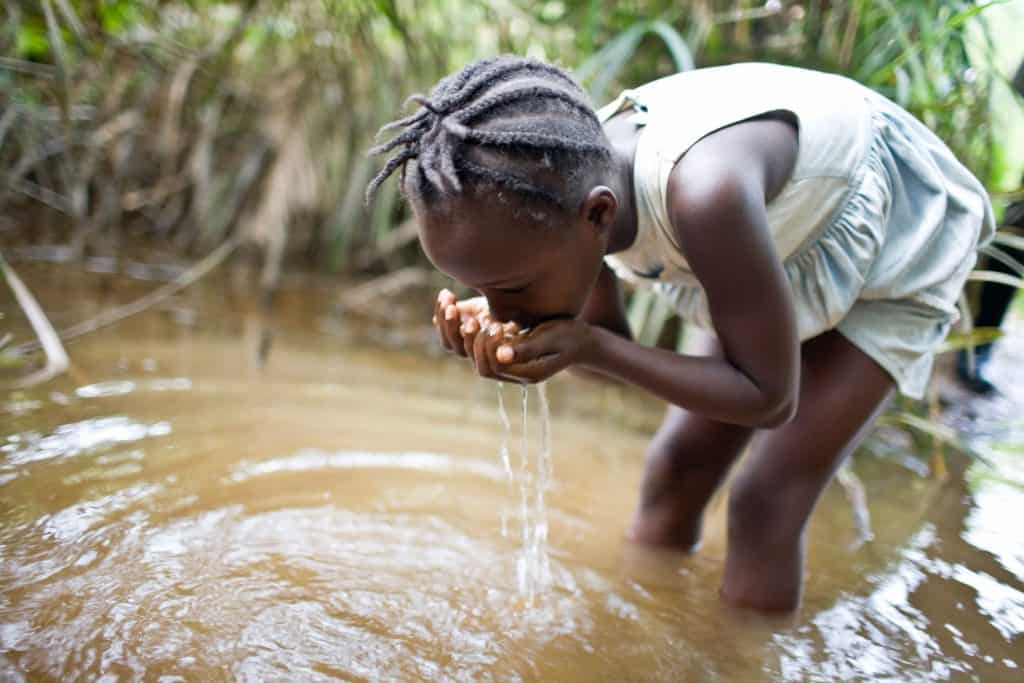
Water scarcity in the world
Unicef’s report “Thirsting for a Future” shows that 36 countries currently have an extreme shortage of water. Recently, major cities such as São Paulo (Brazil), Chennai (India) and Cape Town (South Africa) suffered from acute water shortages. Cape Town narrowly escaped Day Zero last year: no more water, not one drop, from any tap.
“In the future there will probably be more Days Zero,” Betsy Otto from American World Resource Institute (WRI) states. The WRI notes that water scarcity is highest in the Middle East and North Africa – with Qatar as absolute number one.
Causes of water scarcity
Water scarcity is caused by a complex set of fluctuating, interacting human and ecological factors. First of all, water scarcity is caused by climate change. The increasing periods of persistent heat are caused by global warming, leading to water sources drying out. In addition, the availability and quality of water are also threatened by floods, which are caused by rising sea levels due to climate change.
Then there is, of course, the water wastage and pollution on a large scale, which reduces the availability of clean water even more. Contrast all these problems with a growing world population and water scarcity emerges.
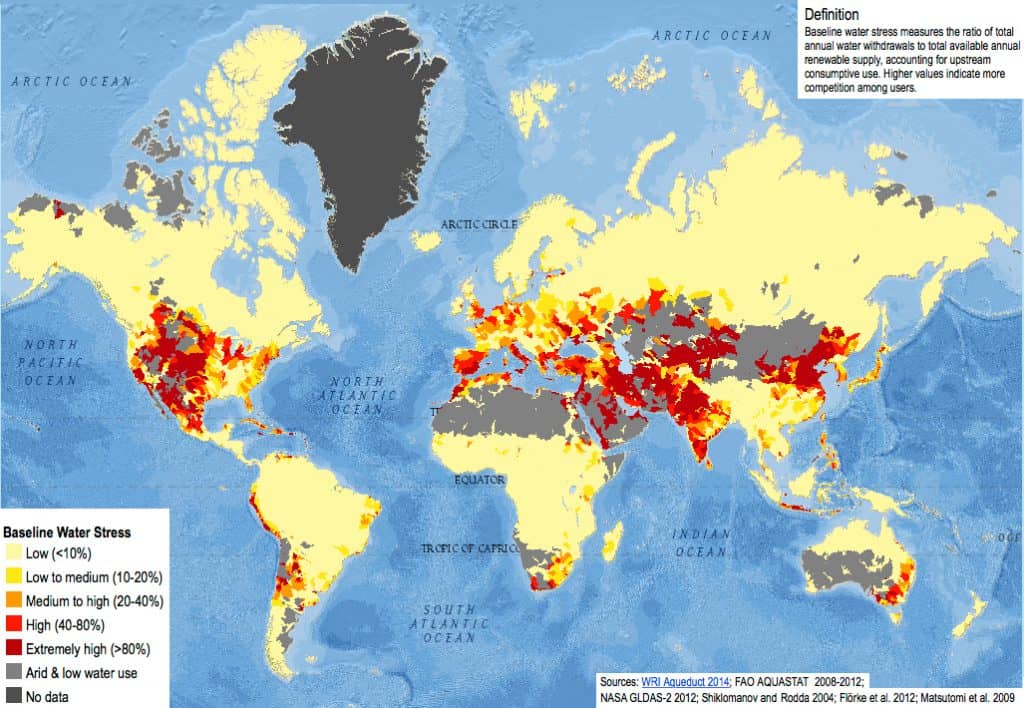
Clean drinking water for all
More than 700 million people still don’t have access to safe water.
We are the Made Blue Foundation and our mission is clean drinking water for all.
Will you help us achieve our mission? There are more ways to do this than you might think.
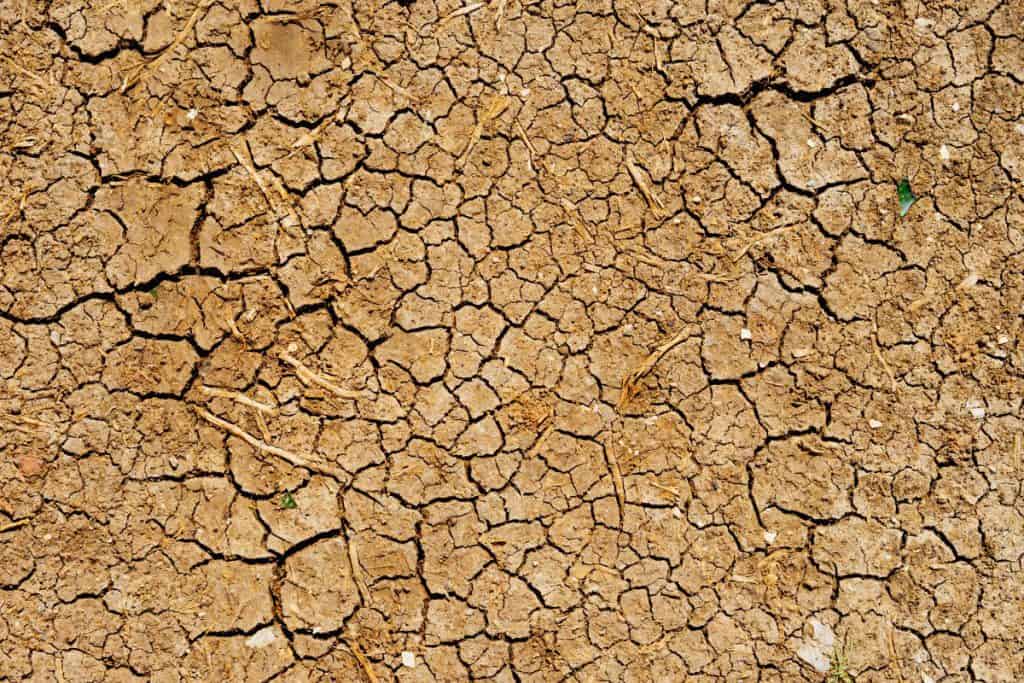
Effects of water scarcity
Without water we can’t live. We therefore see that in areas where there is water scarcity, the population starts using polluted water. This leads to diseases such as diarrhea, worms or cholera, sometimes even resulting in death. Although diarrhea sounds quite harmless to us, it is still the number 1 cause of death among children under the age of 5 in developing countries.
But water scarcity also indirectly leads to poverty. After all, you cannot go to school or work when you (serioulsy) ill. This is affecting mainly women and young girls, who are mostly in charge of fetching water.
Conflicts caused by water scarcity
Another problem that arises in areas: where there is water scarcity, there is also the threat of conflicts. In recent decades, Iran and Turkey have built hundreds of dams in the Middle East to meet their water needs. Other countries in the region, especially Iraq and Syria, paid a high price for this: drought, social turmoil and conflicts.
Here you can see a video from Trouw that explains how relations between countries in the Middle East are becoming tense due to water scarcity.
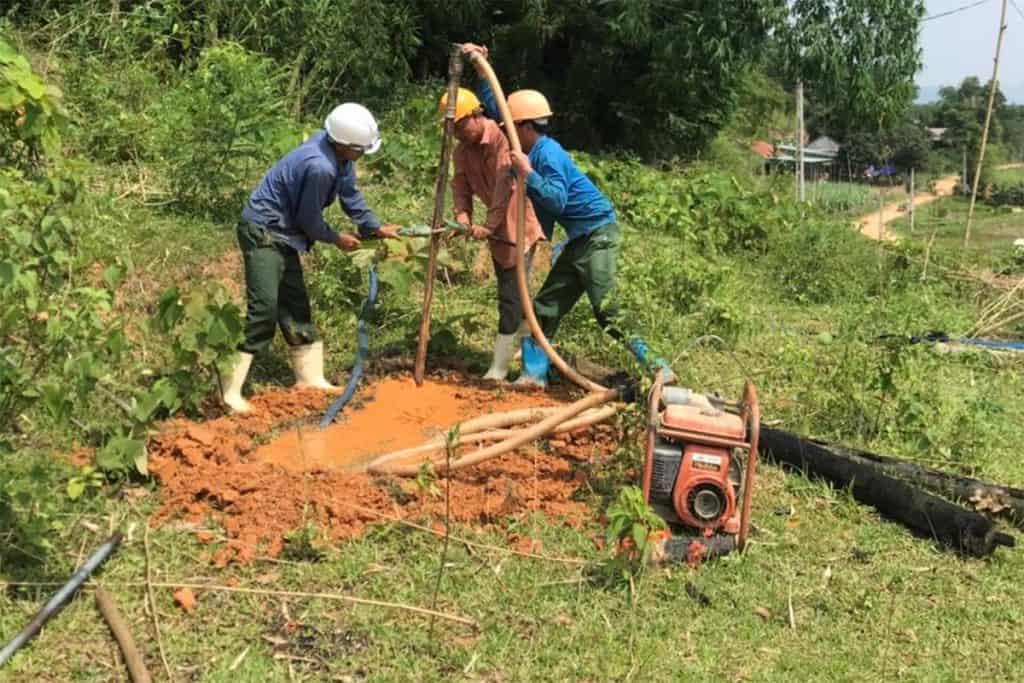
How to fight water scarcity?
All this information does not really paint a bright future for water. However, the good news is that there is still much to gain in the area of seawater desalination and water-saving measures in agriculture. Also more and more technological innovations arise in the field of water-saving and water purification.
The WHO states that the management of water resources will become increasingly important in the future, and we should also look at alternative water sources, such as the reuse of waste water.
SDG 6
Access to clean water and sanitation is the sixth item on the list of the Sustainable Development Goals established by the United Nations in 2015.
Recognizing the critical importance of water security, we are committed to finding innovative solutions to meet the world’s growing water needs. However, our vision extends beyond just our own communities – we firmly believe that access to reliable and clean water should be a fundamental right for all people.
That’s why we have dedicated ourselves to supporting water projects in regions where governments lack the resources or infrastructure to provide a safe water supply. Via water donation and investing in these underserved areas, we are working to create a future where clean drinking water is available to everyone, not just a privileged few.
This is not simply a long-term aspiration – it is a mission we are actively pursuing today, as we take concrete steps to turn the vision of universal water access into a reality. Through our water projects, we donate water and are making tangible progress towards a world where no one has to worry about where their next drink of clean water will come from.
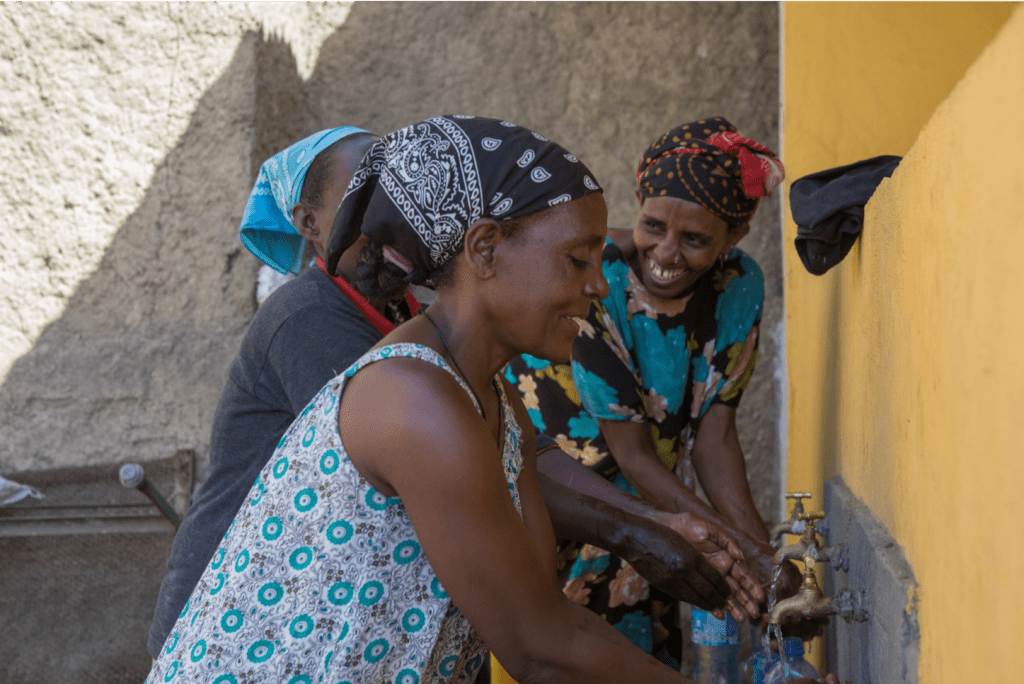
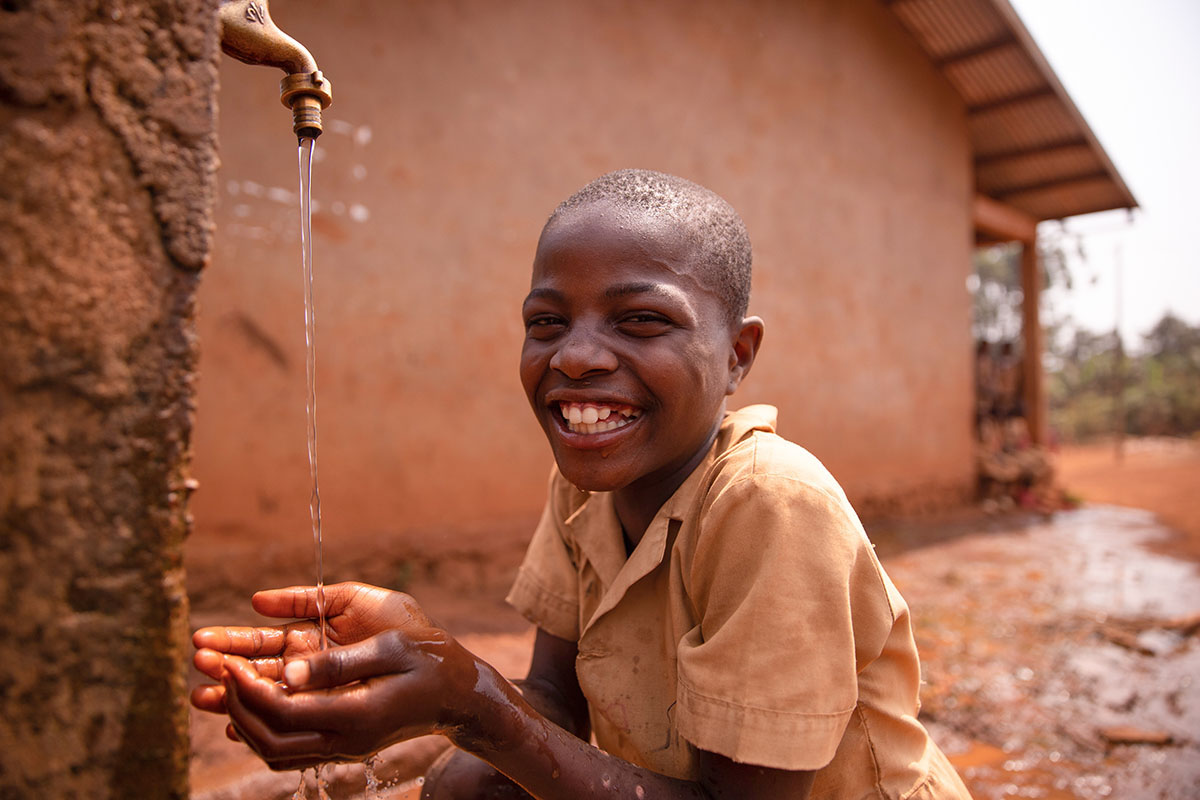
Contribute to our mission too
You can do so in more ways than you might think.